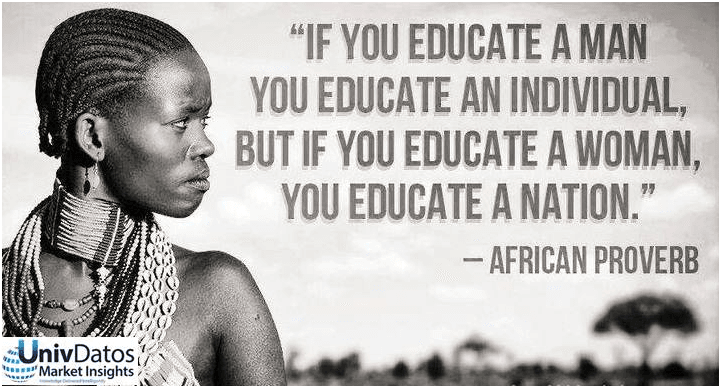
Women Empowerment in East Africa: Through Investments in Agriculture Supply Chain
Africa is a continent plagued by poverty and inequality. There is a huge discrepancy in terms of educational procurement between the genders, originating the cause of female socio-economic and financial dependency which in turn subjects them to lifelong servitude and abuse. With the rigid social norms dictating separate distinctive roles for men and women, women are left with no access to land or finances. Women in the East African region have a negligible presence in the house of parliament or any other prominent office owing to their absent educational/financial background and an oppressive social structure. In recent years, even though the conditions have not turned tables, there is a glimmer of hope with the government’s intervention. The government has made provisions for gender equality in property inheritance law. This might not be the answer to all their difficulties but is definitely a start.
Impact of Agriculture in the continent’s growth and women participation
In recent years, East African countries have shown an ascending growth rate and agriculture is the preeminent driver of the continent’s growth rate in the region. While providing the highest employment, agriculture sector contributes 41% of the total GDP of the entire continent. Presence of women in agriculture sector is as high as 50%; much greater than the general participation of women in other sectors in the continent. The pragmatic scene of women in the agricultural sector is no different; women in this sector get little or no proceeds. This sector could become the platform for their emanation due to their sheer numbers. In today’s world, women in this sector are very much limited to the production chain. In order to truly empower them, they need to be introduced to the actual trade. Majority of the women workforce do not own the land which leads to their exclusion from cooperatives formed by the governments and the benefits associated with the policies enrolled by the government.
Investment Opportunity
To grow, women need to own lands and become entrepreneurs, which would require help with finances and business skills. Banks can provide the investment, either solo or in partnership with agricultural financial institutions. They can prioritize loan sanctions on the basis of appliers’ gender and can aid women by providing loans against future earnings as collateral since women have no or limited access to any property or land for collateral.
- Banks can invest in agricultural training institutions which provide real-time training to women for a better cultivation.
- They can finance cooperatives to provide women with access to better machinery for a good cultivation.
- Investment in women-oriented trade and supply chains can provide a platform for women entrepreneurs to make their presence felt in the market and create a brand name for themselves.
- Banks like the African Development Bank can utilize their trust funds to provide long term financing for women entrepreneurs in the agricultural sector.
- Investment in processing units will help achieve women create products of cocoa, coffee (major products) for product specific markets.
- Investments in women-led value chains can open doors to product-specific markets for women at a global scale.
Excluding the direct investment, banks or investment firms can indirectly too assist women in the agricultural sector. Banks like AFDB can talk with the respective country governments for pro-women agricultural policies. Government’s approach towards any sector becomes critical for any financial institution in deciding if there is a need of investment in the sector or not. Governments can allure investments from various financing institutions by facilitating foreign importers to get in touch with women entrepreneurs, producers and processors to help boost their growth. Governments can increase investment in the agricultural sector by developing required infrastructure for transportation of products to global markets. The implementation of the Comprehensive Africa Agricultural Program (CAADP) of the NEPAD has been a giant step towards enhancing and facilitating women in the agricultural sector. It helps in providing women with the required entities, be it land, finances, training and technology.
Conclusion
Any developed or developing country has a considerable presence of women in all sectors, be it agriculture, industrial, educational institutions or any other sector and Africa needs to take these countries as an example and try to follow their footsteps. Since agriculture holds the key in the continent’s development, it is the best place to start changing the age-old conventions & stereotypes and facilitate women. The simple math comes down to the fact that for any city, any state, any country or any continent to grow, the entire population needs to grow together.
